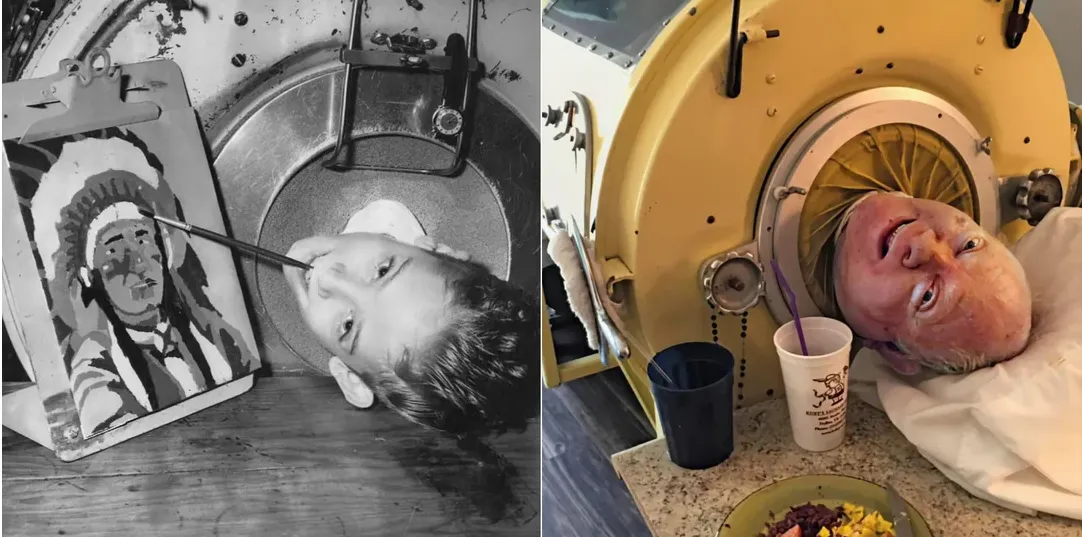The wildfire had grown too dangerous. Hours earlier, the order had gone out: pull back immediately. Crews were exhausted, sweat-soaked and smoke-stained, retreating from the choking inferno that devoured everything in its path. Trees crackled and toppled like matchsticks. The air was so thick with ash it muffled sound, turning the forest into a silent, gray nightmare broken only by the roar of flames.
One firefighter lingered, moving slower than the rest. His body obeyed training, but his mind lagged behind, still searching for embers to stamp out, still wanting to fight the blaze. And then, through the shifting haze, he saw movement.
At first he thought it was a trick of the smoke. A shadow among shadows. But then it stepped closer: a mountain lion.
She wasn’t charging, wasn’t stalking. She limped, each step heavy, her golden fur matted with ash. Her eyes were weary, glowing faintly in the half-light. And she was staring—staring not at him, but at the plastic bottle of water dangling from his soot-stained glove.
His heart thudded. Training screamed: Back away. Do not engage. Wild animals are unpredictable. Behind him, his crew had already disappeared down the blackened trail. Alone, with the fire pressing in, he stood frozen.
The lion stopped a few feet away. No growl, no snarl, no twitch of muscle signaling attack. Only exhaustion. Only thirst.
He swallowed hard. The rational part of his brain begged him to retreat. But another voice—quiet, instinctive—spoke louder. Slowly, he crouched. Slowly, he twisted the cap off the bottle.
The sound—crack, hiss—made the lion’s ears flick. Her body tensed, then relaxed. He extended his arm, trembling slightly, the bottle tilted forward.
For a long moment, nothing happened. Then, cautiously, she stepped closer. Her whiskers brushed the rim, and with a soft, rasping tongue, she began to drink.
The world held its breath. The fire still roared around them, but for that instant, it felt distant, muted. It was just a man and a mountain lion sharing water in the heart of destruction.
She drank until the bottle was nearly empty, then lifted her head. Their eyes met. He saw no threat there, no wild fury—only gratitude. Then, without a sound, she turned and melted back into the haze, her limp carrying her deeper into the forest’s smoke-shrouded shadows.
The firefighter stayed crouched, the empty bottle dangling in his hand, chest heaving. Later, when he finally rejoined his crew, no one asked why he had fallen behind. And he didn’t tell them.
That night, sitting alone by the fire camp, orders and consequences pressed on his mind. He knew what he had done could be called reckless, even dangerous. Disobeying orders in the middle of a wildfire might cost him.
But when he closed his eyes, all he could see was her face, ash-streaked and tired, yet alive because he had listened to something greater than fear.
In the quiet of the night, it felt as if nature herself had leaned close and whispered in his ear:
“You did good.”



